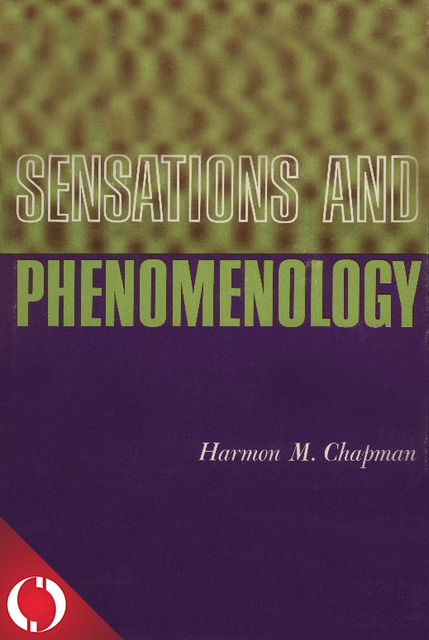Sensations and Phenomenology
In this volume the author presents a thoroughly considered critical and historical analysis of the theory of sensation as originated by Descartes, and concludes that the theory is basically wrong. Examining and finding unsatisfactory the original proofs of the theory, Mr. Chapman goes on to demonstrate that the notion of sensations as the basis of knowledge has been inherited successively by philosophers who assumed it to be correct without scrutinizing it critically. He analyzes the processes which the mind would have to carry out in transforming a manifold of sensations into orderly ex-perience and knowledge of an empirical world, and discusses the celebrated doctrine of "constitution," now seen to be the natural offspring of the sensation theory, which became an essential part of the transcendental phenomenology of Edmund Husserl. In a particularly brilliant discussion the author argues that Husserl put forth two conflicting doctrines, the theory of sensation (including the notion of "constitution") and the classical idea of intentionality. He concludes that the sensation theory must give way, that it has foisted on modem philosophy an illusory problem of knowledge and diverted metaphysics from inquiry to speculation.

Table of Contents
Metadata
- isbn978-0-253-04869-1
- publisherIndiana University Press
- publisher placeBloomington, Indiana USA
- restrictionsCC-BY-NC-ND
- rightsCopyright © Trustees of Indiana University
- rights holderIndiana University Press
- rights territoryWorld
- doi
We use cookies to analyze our traffic. Please decide if you are willing to accept cookies from our website. You can change this setting anytime in Privacy Settings.


